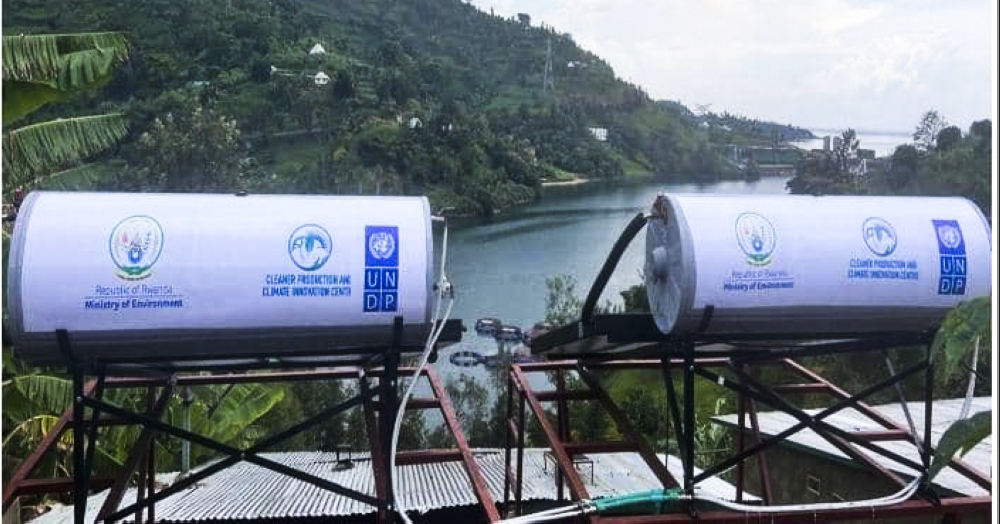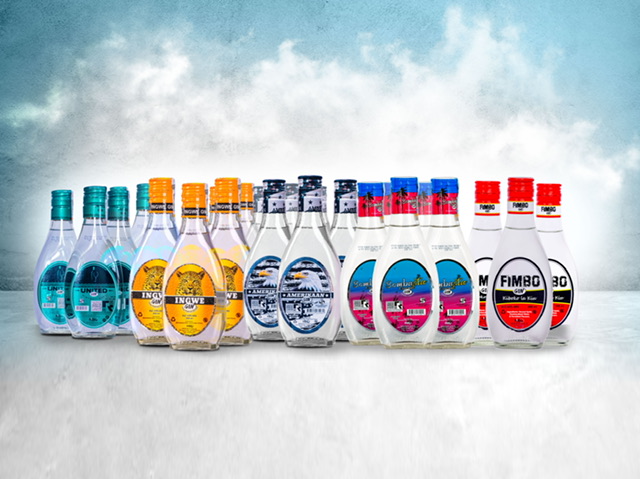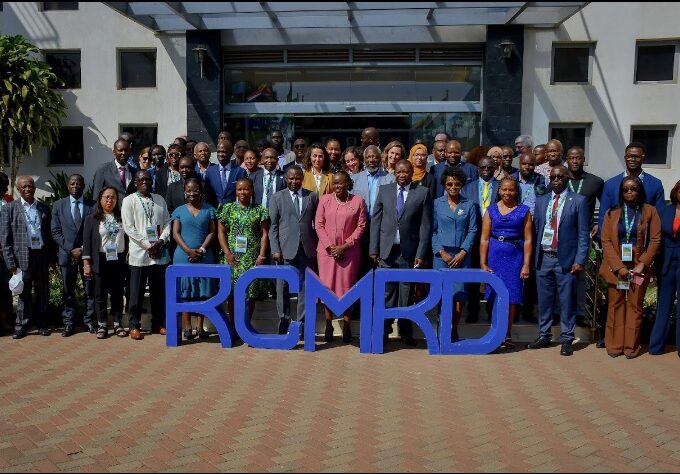Rwanda’s Solar Revolution: Saving Money While Protecting the Environment

Rwanda is turning to solar water heaters to address two pressing challenges: the rising cost of energy for businesses and the environmental toll of traditional biomass fuels. By scaling up adoption of this green technology, the country aims to save businesses millions of Rwandan francs annually while significantly reducing carbon emissions.
The Ministry of Environment has identified solar water heaters as a key solution in its effort to reduce carbon emissions by 38% by 2030, as outlined in its Nationally Determined Contributions (NDCs). To achieve this, Rwanda requires $60 million to increase the use of solar water heaters nationwide—$52 million for urban residential installations and $8 million to support broader energy-efficiency programs.
Big Savings for Small Businesses
Businesses are already reaping the financial rewards of adopting solar water heaters. The Ministry of Environment recently distributed 25 units to 13 small and medium enterprises (SMEs) across sectors like agro-processing, baking, and hospitality. The impact has been immediate and transformative.
Ernestine Tuyishimire, Quality Manager at Buganza Good Wine, highlighted the drastic reduction in operational costs:
“Before, we used five cubic meters of firewood every day, costing us Rwf100,000. Now, with solar water heaters, we use less than one cubic meter. This has not only saved us money but also reduced our environmental footprint.”
Jean-Damascène Nshimiyimana, Manager at Centre d’Accueil Avega Agahozo Rwamagana, shared a similar experience:
“We used to spend Rwf600,000 monthly on electricity for heating water. Since switching to solar energy, we’ve completely eliminated that cost. The savings have allowed us to allocate funds to other areas of our operations.”
At New Vision Bakery, Dominique Byiringiro revealed significant reductions in their reliance on firewood and charcoal:
“With solar water heaters, we’ve cut our usage of these fuels by 45%, saving between Rwf35 million and Rwf50 million per year. It’s a huge relief for our bottom line and for the environment.”
Environmental Impact: A Win-Win
In addition to saving businesses money, solar water heaters are helping reduce dependence on biomass fuels, which are used by 79% of Rwandans. This reliance poses risks to forests, contributes to air pollution, and increases health hazards like respiratory diseases.
Thadee Twagirimana, Acting Director of Environment and Climate Change at the Ministry of Environment, emphasized the broader benefits of this transition:
“Reducing reliance on biomass energy is critical for preserving forests, improving air quality, and promoting public health. Solar water heaters are a cost-effective solution for businesses and households alike.”

The solar heaters provided to the 13 SMEs are projected to cut over 1,500 tonnes of carbon emissions annually. Collectively, these businesses are also saving Rwf3.7 million each month, according to Jonas Niyirema, Technical Engineer at the Cleaner Production and Climate Innovation Centre.
Scaling Up for a Greener Future
The government’s broader vision includes reducing reliance on charcoal from 83% to 42% of the population by 2030. Achieving this goal requires mobilizing public and private sector investments. Twagirimana underscored the importance of collaboration:
“We cannot achieve a green economy without the active participation of the private sector. Raising awareness of the economic and environmental benefits of renewable energy is essential.”
A Smart Investment
The case for solar water heaters is clear: they pay for themselves by reducing energy costs while making businesses more sustainable. With an estimated $1.37 billion required by 2030 to meet Rwanda’s energy goals, scaling up this technology is both an environmental necessity and an economic opportunity.
Businesses like Buganza Good Wine and New Vision Bakery are proving that saving money and protecting the environment go hand in hand. Solar water heaters are more than a climate solution—they’re a smart investment in Rwanda’s future.
This version keeps the “saving money and environment” theme at the forefront while emphasizing the measurable benefits for businesses.

Related Articles
Global Agri & Food Safety Congress 2026: Building Resilient Food Systems in a Changing Climate
On 26–27 February 2026, international experts, researchers, industry leaders, farmers, and policymakers...
Why Animals Are a Key Piece of Africa’s Disaster Resilience Puzzle
Across Africa, people and animals have coexisted for centuries, not just sharing...
Leaders Call for Stronger Monitoring to Turn Ecosystem Restoration Commitments into Results
Nairobi, Kenya — 27 January 2026 Country and regional leaders, alongside technical...
Worm Tea: A Natural Path to Farming Without Harmful Chemicals
For much of his early farming life, Isaac Mubashankwaya believed chemical fertilizers...













Leave a comment